tough business:
a parker site
The Outfit
Published: 1963.
Cover Artist: Harry Bennett.
Publisher: Pocket Books.
Cover blurb: "Parker didn't like people to push him around -- not even The Outfit".
Synopsis: With his plan to escape the Outift's manhunt ruined, Parker decides to settle the score for good.
Adaptations: - The Outfit (1973), directed by John Flynn and starring Robert Duvall.
- Richard Stark's Parker: The Outfit (2010), graphic novel by Darwyn Cooke and published by IDW.
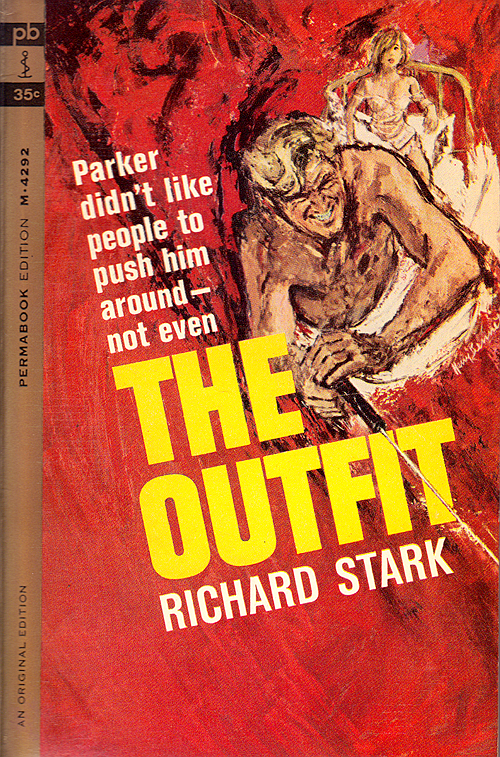
Gallery:
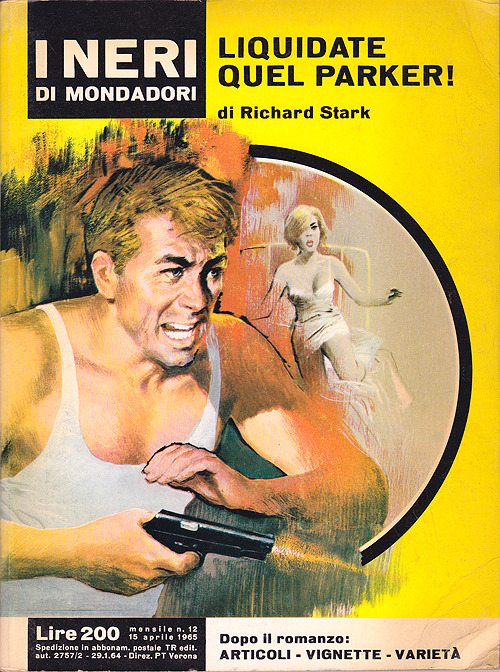
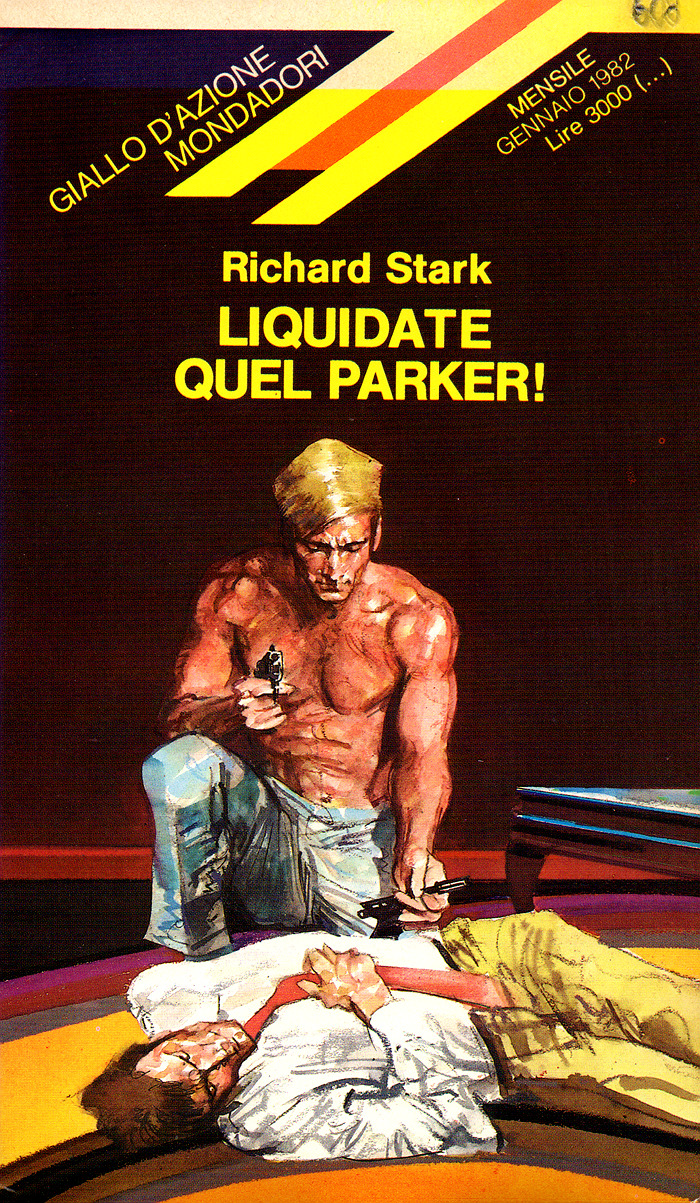
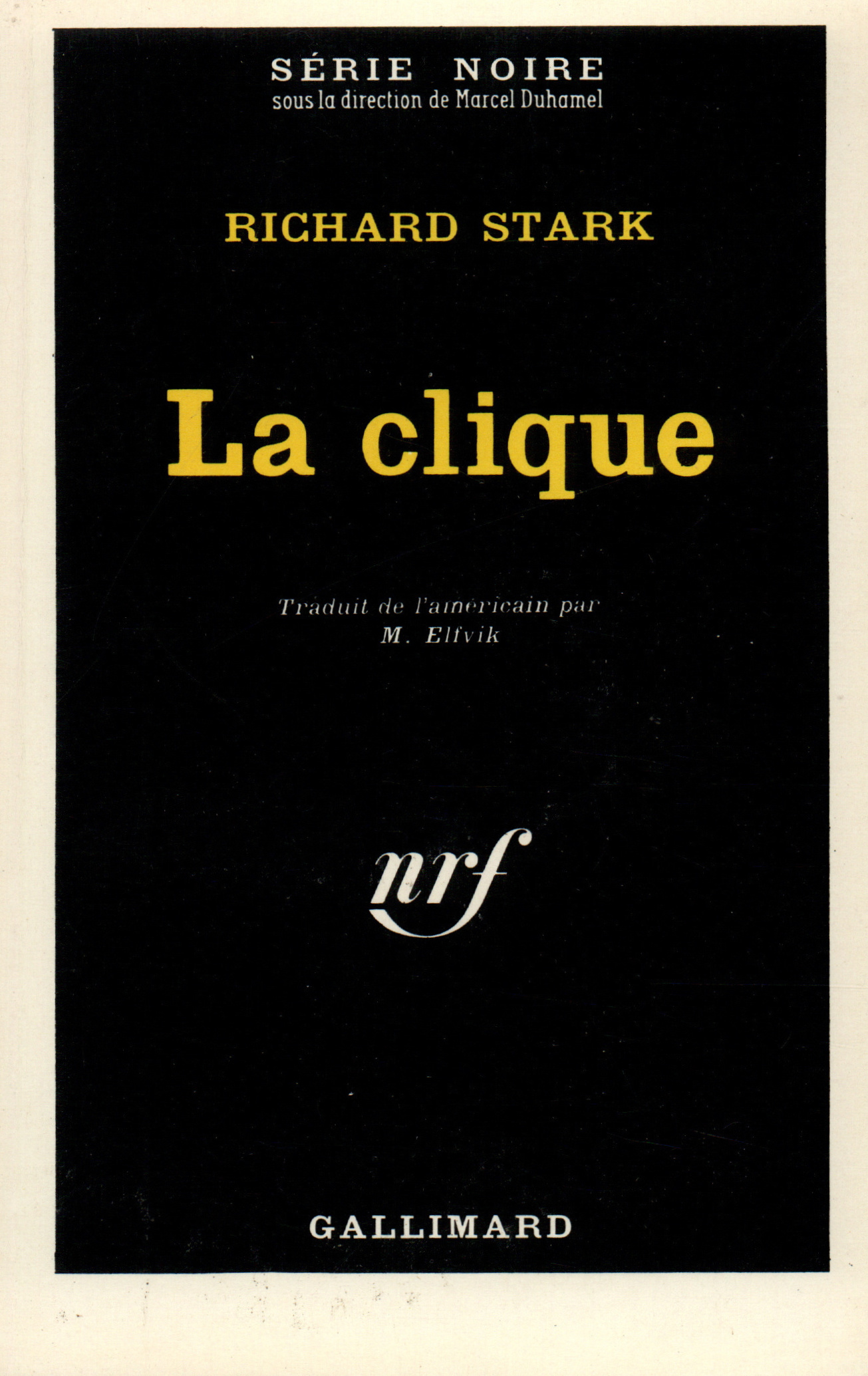
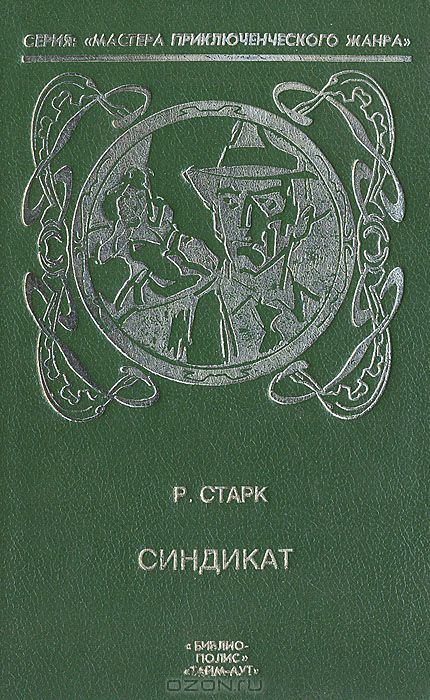
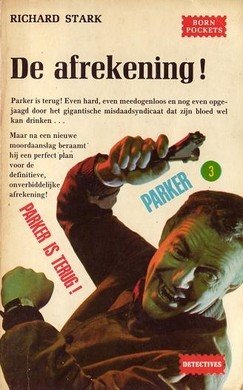
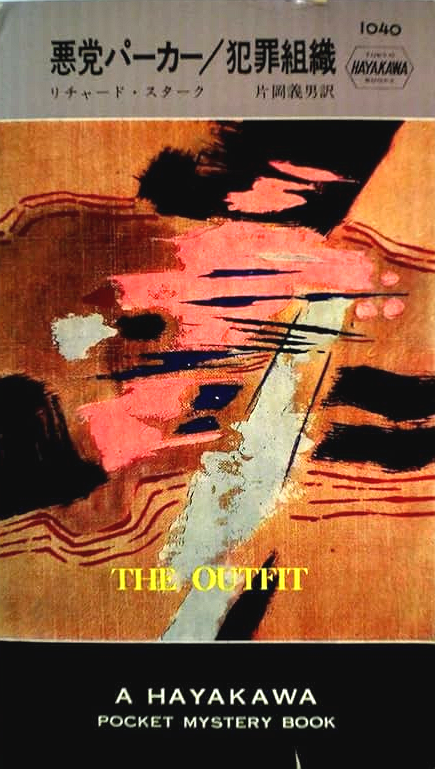
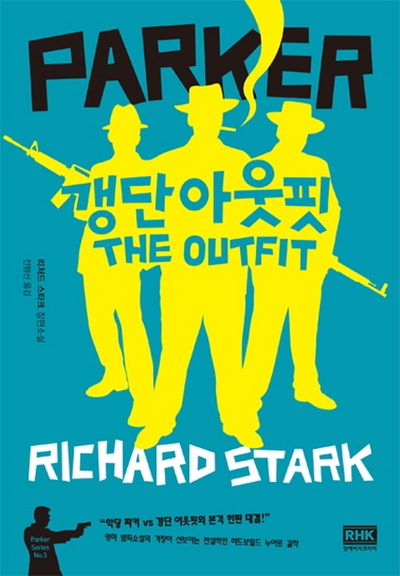
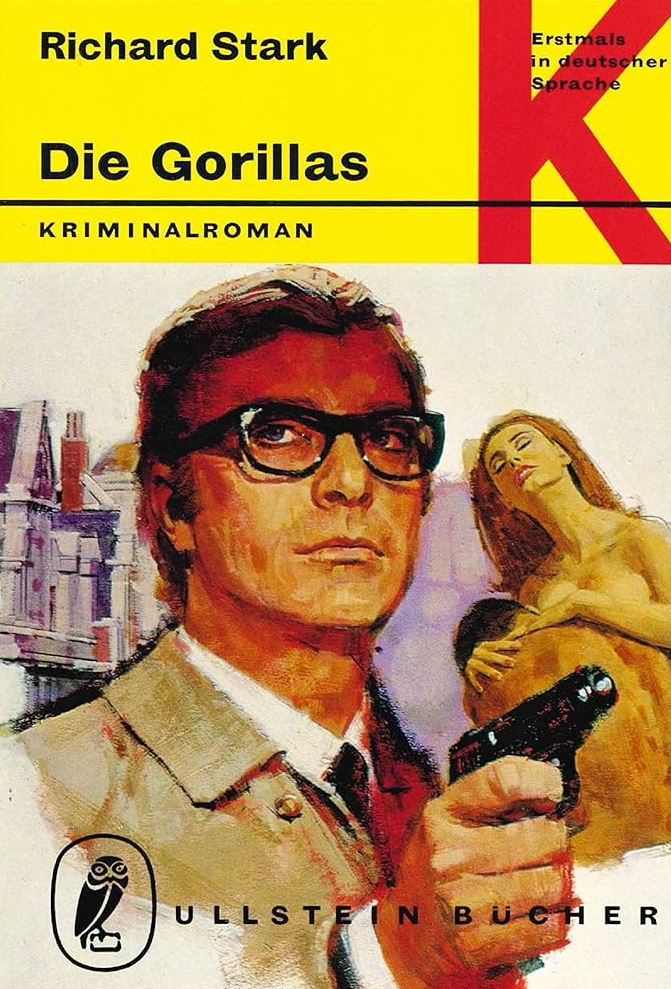
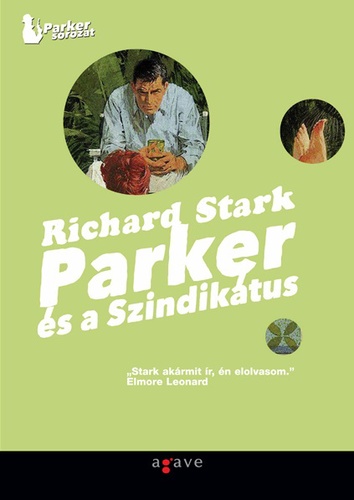
Review:
The Outfit is the third novel in the Parker series, completing the initial thematic trilogy started in The Hunter and jumpstarting a secondary story of its own, which gets the spotlight in The Mourner. It is also an exercise in style with a whirlwind of varying POV chapters, a deconstruction of the classic perception of the mob, and much more of a character study than it's ever been given credit for.
The opening introduces us to Bett Harrow, one of Stark's most fascinating female characters in a series of novels already stacked with a great many complex anti-heroines. She's present for the Outfit's first attempt to hit Parker, and though her role in his life is only a 'transient' one, she takes it upon herself to leave an impression by taking a gun with Parker's fingerprints on it.
Bett's little gamble comes into play much later though, Parker's first order of business is to hit the Outfit back -- and to hit them hard. He starts writing letters to accomplices from previous jobs, explaining that mob-owned joints are fair game until the Outfit agrees to stop hunting him down. It's not quite an act of friendship, as much as one of goodwill. Parker's associates get right to work, and a significant part of their success comes from the Outfit’s softening as it’s become more of a legitimate business than current headman Arthur Bronson had anticipated. Despite being given an explanation that this softening is a result of more prosperous times than in the Outfit’s past, Bronson resents that his men have become so complacent -- he laments, "we were the Parkers then." This remark draws a clear distinction between the mob, who have lost their outsiders’ edge, and Parker’s side of the business, who have the freedom to operate as they’d like.
The Outfit’s structure functions as a parallel to the structure of Butcher’s Moon, and Parker’s development as a character in the latter is incredible compared to his emotional state in this early novel. We see Parker slowly recovering from the trauma he had experienced prior to the events of The Hunter, especially in regards to his relationships with other people -- like Handy McKay.
In fact, it's Parker's friendship with Handy that first opens him up to human connection within the narrative. If the Outfit-Butcher's Moon parallels play with Parker's motivation as being money in the first, and affection in the latter, it is still a sense of camaraderie with Handy that initially proves his assertion that "friendships blind him" wrong. Parker’s comfortable enough with Handy to complain about the excessive amount of one-way streets in the city they’re driving through, and he even says he might come by Handy’s diner, which is more than he’s offered by way of conversation to anyone else in the series so far.
Nonetheless, Parker remains an outsider and nowhere else is that more apparent than in his sexual relationships. Like in the previous novels, Stark goes to great lengths to describe the circumstances in which Parker 'craves' sex -- it is referred to as a cycle, something the women in his life found difficult to get used to. It is a clear departure from the standard crime or pulp protagonist of the era, Parker is called an "ascetic," and while on a job "he wouldn't touch a woman or even think much about women". His stance here is nearly neutral, it is the fulfillment of a physical need: "he worked out his cycle on the bodies of transients like Bett Harrow, which was easier for all concerned."
This isn't to say Parker is portrayed as unfeeling. His complicated relationship with sex, the fact that it warrants an explanation at all, is one of the most unique aspects to have gone into the creation of the character.
Ultimately, The Outfit offers an in-depth look into Parker's character, not just as the consummate professional but as a person capable of growth and development as he gradually moves away from the traumatic events of the first novel. Perhaps Stark's most versatile book in presenting a truly astounding number of characters and their points-of-view, it is also one of his finest character studies.